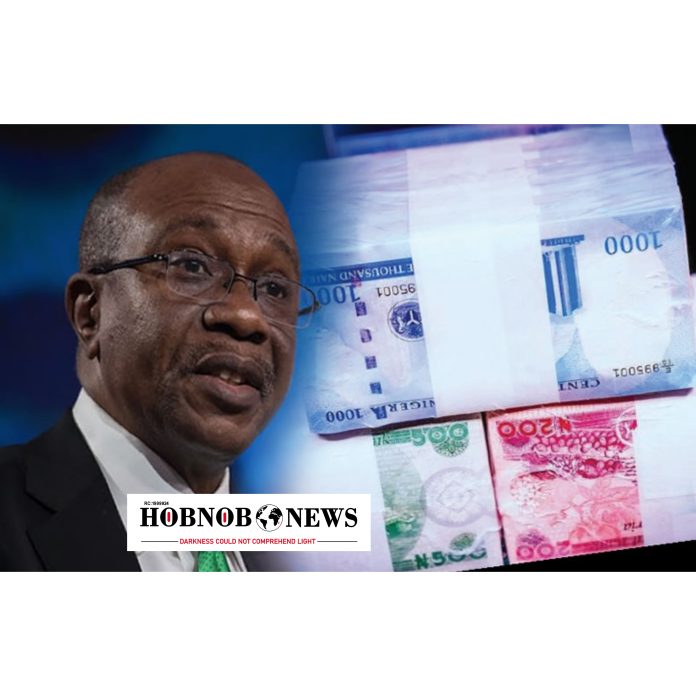The Lagos State Special Offences Court has dismissed an application by former Central Bank of Nigeria (CBN) Governor, Godwin Emefiele, seeking to challenge the court’s jurisdiction over the $4.5 billion and ₦2.8 billion fraud charges leveled against him by the Economic and Financial Crimes Commission (EFCC).
Jurisdictional Objection Overruled
In a ruling delivered by Justice Rahman Oshodi, the court affirmed its jurisdiction to try Emefiele and his co-defendant, Henry Omoile, on counts 8 to 26 of the 26-count charge filed by the EFCC. “The objection challenging the court’s territorial jurisdiction over counts eight to 26 fails and is hereby dismissed. The prosecution has established sufficient territorial nexus in this case,” the judge stated.
However, the court struck out counts 1 to 4, citing lack of jurisdiction. Justice Oshodi clarified that the allocation of foreign exchange without proper justification is not defined as an offence under any written law.
“The objection to counts one to four succeeds and is hereby struck out,” the judge ruled, adding that the charges under Section 73 of the Criminal Law of Lagos State (2011) could not apply extraterritorially to the alleged offences.
The Charges Against Emefiele
The EFCC had arraigned Emefiele on 26 charges, including abuse of office and illegal allocation of $4.5 billion and ₦2.8 billion. The trial is part of an ongoing investigation into alleged financial misconduct during his tenure as the governor of Nigeria’s apex bank.
Emefiele’s counsel, Olalekan Ojo (SAN), argued that the alleged offences fell outside the jurisdiction of the Lagos State Special Offences Court. According to him, the Lagos State House of Assembly lacks the legislative authority to prosecute matters on the Exclusive Legislative List, rendering the charges under counts 1 to 4 invalid.
Ojo further contended that the court’s jurisdiction is geographically limited and does not extend to alleged offences committed outside Lagos State. He urged the court to strike out the charges on this basis.
EFCC’s Position on Jurisdiction
Opposing the application, EFCC counsel, Rotimi Oyedepo (SAN), argued that the court had jurisdiction to hear the case because the alleged crimes were economic and financial in nature, falling under the commission’s purview.
Oyedepo maintained that substantial evidence supported Lagos as the proper venue for the trial. He emphasized that witness testimonies and documented evidence tied the alleged offences to the court’s territorial reach.
“The subject matter of the charges clearly falls within the jurisdiction of this court,” Oyedepo argued, dismissing the objections raised by Emefiele’s defense team as lacking factual or evidential merit.
Timeline and Next Steps
Following the conclusion of arguments, Justice Oshodi initially scheduled January 7, 2025, for a ruling on the application but later adjourned the decision to January 8 due to delays. With the jurisdictional challenge now resolved, the case has been adjourned to February 24 and 26, 2025, for the continuation of the trial.
Implications of the Ruling
The court’s decision represents a significant development in the high-profile case, underscoring the judiciary’s role in addressing allegations of financial misconduct in public office. While the dismissal of counts 1 to 4 narrows the scope of the trial, the remaining charges will proceed, ensuring that accountability remains a priority.
This case continues to draw widespread attention as Nigeria strengthens efforts to combat corruption and financial crimes at the highest levels of governance.
Hobnob News

